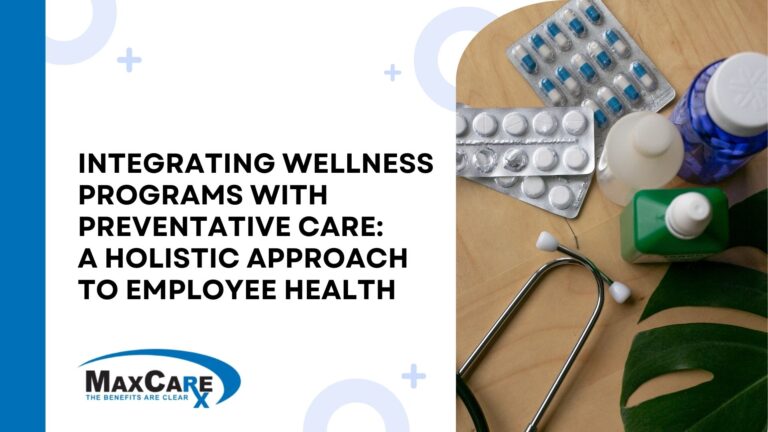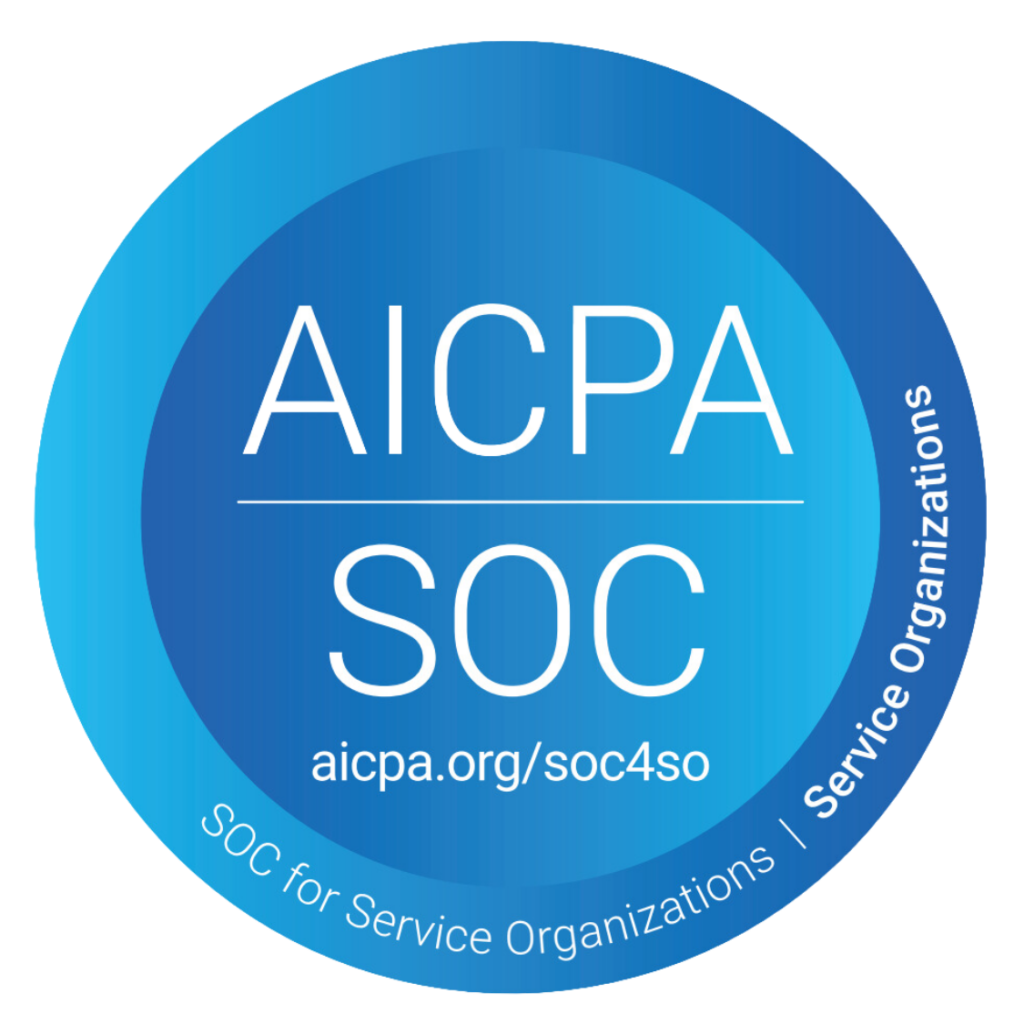Pharmacy Benefit Managers (PBMs) have emerged as influential players in the health care sector. Occupying a crucial role in the delivery system reform, PBMs are at the crossroads of the ongoing debate on the ethical landscape of prescription drug pricing. As primary negotiators, PBMs play a significant part in determining the costs of prescription drugs, which affect both individual patients and the health system at large. But what is the PBM perspective on these ethical challenges? And how are PBMs navigating this complex terrain?
Unraveling the Complexities of Prescription Pricing
The prescription drug landscape is not easily navigated. It involves a complex interplay of stakeholders, including drug manufacturers, healthcare professionals, insurance providers, and PBMs. Each of these stakeholders influences the ultimate price of a medication, often leading to a lack of transparency or understanding of the actual cost of a drug.
This lack of clarity has resulted in a phenomenon known as “spread pricing,” where PBMs retain a portion of the price concessions they negotiate, leading to a gap between the price paid by the health plan and the amount reimbursed to the pharmacy. In this light, the call for increased PBM transparency has grown louder and forms a focal point for current reform efforts.
Legislation such as the Affordable Care Act has attempted to regulate PBMs and protect consumer interests by implementing measures to increase transparency and accountability. But despite these measures, a comprehensive solution to ethical prescription drug pricing remains elusive, with many suggesting that further efforts are needed.
The Power of Data Science and the Pursuit of Equity
In this challenging environment, PBMs are turning to an unlikely ally: data science. Data science can provide the insights needed to understand and respond to trends in prescription drug spending, identify opportunities to reduce costs, and, crucially, better understand health disparities.
For instance, specialty drugs – often used for conditions such as mental health disorders or rare diseases – are typically priced much higher than common medications. By using data science to identify and track these disparities, PBMs can work to ensure broader health coverage and access, aligning their practices with principles of diversity and inclusion.
Moreover, data science can assist PBMs in making strategic decisions regarding manufacturer rebates, market access, and negotiating drug supply contracts, providing a more holistic understanding of the prescription drug landscape.
The Challenge of Coupons and Copayments
Manufacturer rebates and drug coupons are another complex element in the prescription pricing puzzle. While they can reduce patient out-of-pocket costs in the short term, they often contribute to higher insurance premiums and overall health care costs. Furthermore, they can undermine PBMs’ cost control mechanisms, such as promoting the use of generic drugs over more expensive brand-name drugs.
In this regard, the ethical landscape of prescription pricing demands a delicate balance. PBMs must consider both the immediate financial relief these measures provide to patients and the long-term sustainability of the health care systems.
The Global Context: A Comparative Analysis
Gaining a global perspective can also be insightful. Countries like the United Kingdom and the Czech Republic have distinct mechanisms for managing pharmaceutical spending. Examining international practices can provide valuable insights and potential solutions for tackling prescription pricing, even if a one-size-fits-all solution may not exist.
PBMs and the Future of Ethical Prescription Pricing
The world of pharmacy benefit management is not without its challenges. And PBMs operate in the epicenter of ethical crossroads. Yet, this vital function has come under criticism for perceived opacity and potential conflicts of interest. Unfortunately, many PBMs fail to adhere to the 7 ethical guidelines that govern their operations.
- Transparency: PBMs should operate with transparency in their business practices, providing clear and accessible information regarding drug pricing, formularies, and reimbursement rates to all relevant stakeholders, including patients, pharmacies, and payers.
- Patient-Centered Care: PBMs should prioritize the well-being and interests of patients, ensuring access to affordable and appropriate medications, as well as supporting medication adherence and patient education.
- Conflict of Interest Management: PBMs should effectively manage and disclose any potential conflicts of interest that may compromise fair and unbiased decision-making. This includes avoiding arrangements that prioritize financial gain over patient outcomes.
- Privacy and Confidentiality: PBMs should adhere to strict privacy and confidentiality standards when handling patient information and ensure compliance with applicable laws, such as the Health Insurance Portability and Accountability Act (HIPAA).
- Fair Reimbursement: PBMs should establish fair reimbursement rates for pharmacies, taking into account factors such as acquisition costs, dispensing fees, and professional services provided. Reimbursement practices should be transparent and avoid arbitrary or unfair practices.
- Quality Assurance: PBMs should implement and maintain robust quality assurance programs to ensure the safety, efficacy, and integrity of the medications and services provided.
- Compliance with Laws and Regulations: PBMs should operate in full compliance with all applicable laws, regulations, and professional standards governing the healthcare industry. This includes adherence to federal and state regulations related to drug pricing, patient privacy, and fair business practices.
From the board of directors to the vice president, the commitment to ethical business practices must permeate the organization. It is not a straight line towards ethical prescription drug pricing; it’s a journey of continual refinement and reassessment.
PBMs can lead the way in this endeavor by focusing on transparency, leveraging data science, and prioritizing patient care. With these guiding principles, PBMs can balance the interests of pharmaceutical manufacturers, plan sponsors, and patients, all while minimizing prescription drug cost.
PBMs are uniquely positioned to facilitate a conversation that involves not only PBMs but also healthcare professionals, government payers, and most importantly, the patients themselves. By fostering relationships based on trust and transparency, PBMs can drive efforts towards making prescription drugs more affordable and accessible, aligning their goals with broader medical ethics and public health principles.
At MaxCare, our unwavering commitment to our members is at the heart of everything we do, especially when it comes to navigating the ethical landscape of prescription pricing. We proudly champion local, community pharmacies, recognizing their invaluable role in providing unparalleled service and support for achieving the best possible health outcomes.
Diverging from the conventional pharmacy benefit management (PBM) approach, MaxCare operates as a genuine pass-through model. We eschew hidden revenue streams and spread pricing altogether. Our sole source of revenue is derived from plan administration, allowing us to exert greater control over pharmacy costs. This financial transparency underscores our dedication to ethical pricing practices.
Furthermore, we empower our partners with cutting-edge technology, providing them with access to virtual real-time data insights at both the claim and member levels. By doing so, we facilitate effective management of pharmacy benefits while safeguarding the integrity of your data, the well-being of your members, and the efficient allocation of your financial resources.



